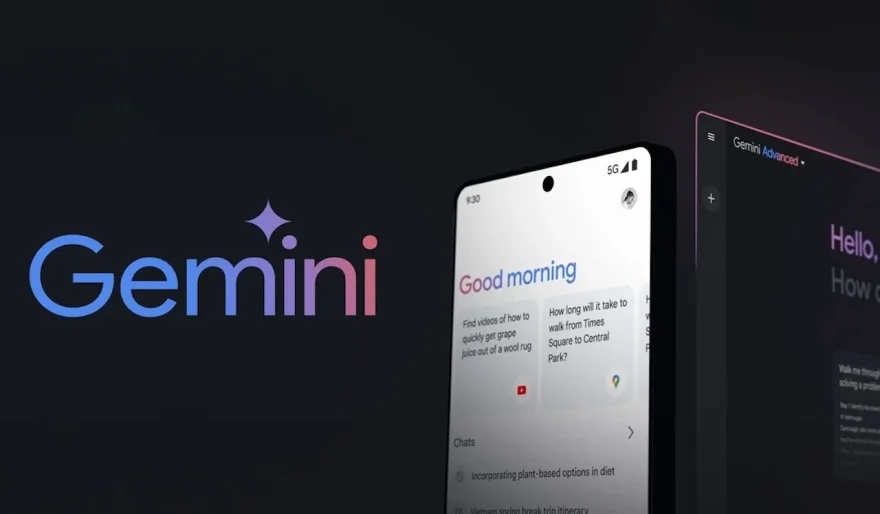Stay Ahead of the Curve
Latest AI news, expert analysis, bold opinions, and key trends — delivered to your inbox.
Contractors Must Evaluate Gemini AI Prompts Outside Expertise, Google Says
2 min read Google has come under scrutiny for its approach to training its Gemini AI model. The company has reportedly required contractors to evaluate AI-generated responses, even on topics outside their expertise. December 19, 2024 09:03
Google's recent directive to contractors, instructing them to rate AI-generated responses even outside their areas of expertise, has raised concerns about the quality and accuracy of its AI models.
The practice, as reported by TechCrunch, involves contractors evaluating AI responses on a wide range of topics, from medicine to technology. While this approach aims to improve the model's performance, it also carries the risk of generating inaccurate and misleading information.
This development comes after a previous incident involving Google's Gemini AI, where it provided factually incorrect and potentially harmful information about Indian Prime Minister Narendra Modi. This incident highlighted the importance of rigorous training data and the need for careful oversight in AI development.
The challenge of ensuring AI model accuracy is a complex one. While it's essential to expose AI models to diverse datasets, it's equally important to maintain quality control and avoid the propagation of misinformation. As AI continues to advance, it's crucial to strike a balance between innovation and responsibility.
Other tech giants, such as Nvidia, are also working to improve the quality and accuracy of AI models. Nvidia's recent launch of the Llama-3.1-nemotron-70b-instruct model aims to enhance the helpfulness of AI-generated responses. By focusing on improving the quality of AI interactions, companies like Nvidia and Google can help to build trust and confidence in AI technology.



















 AI Agents
AI Agents